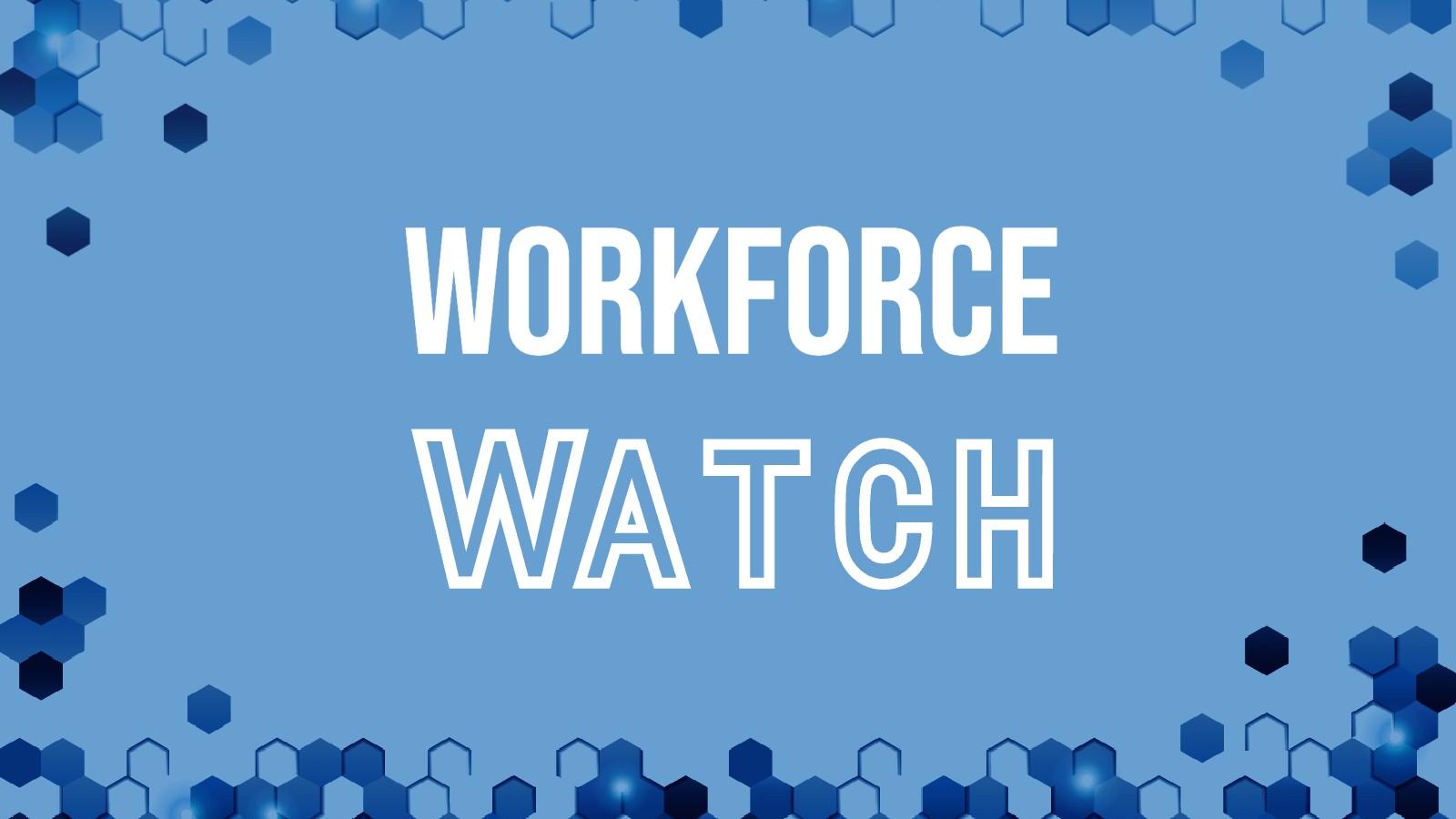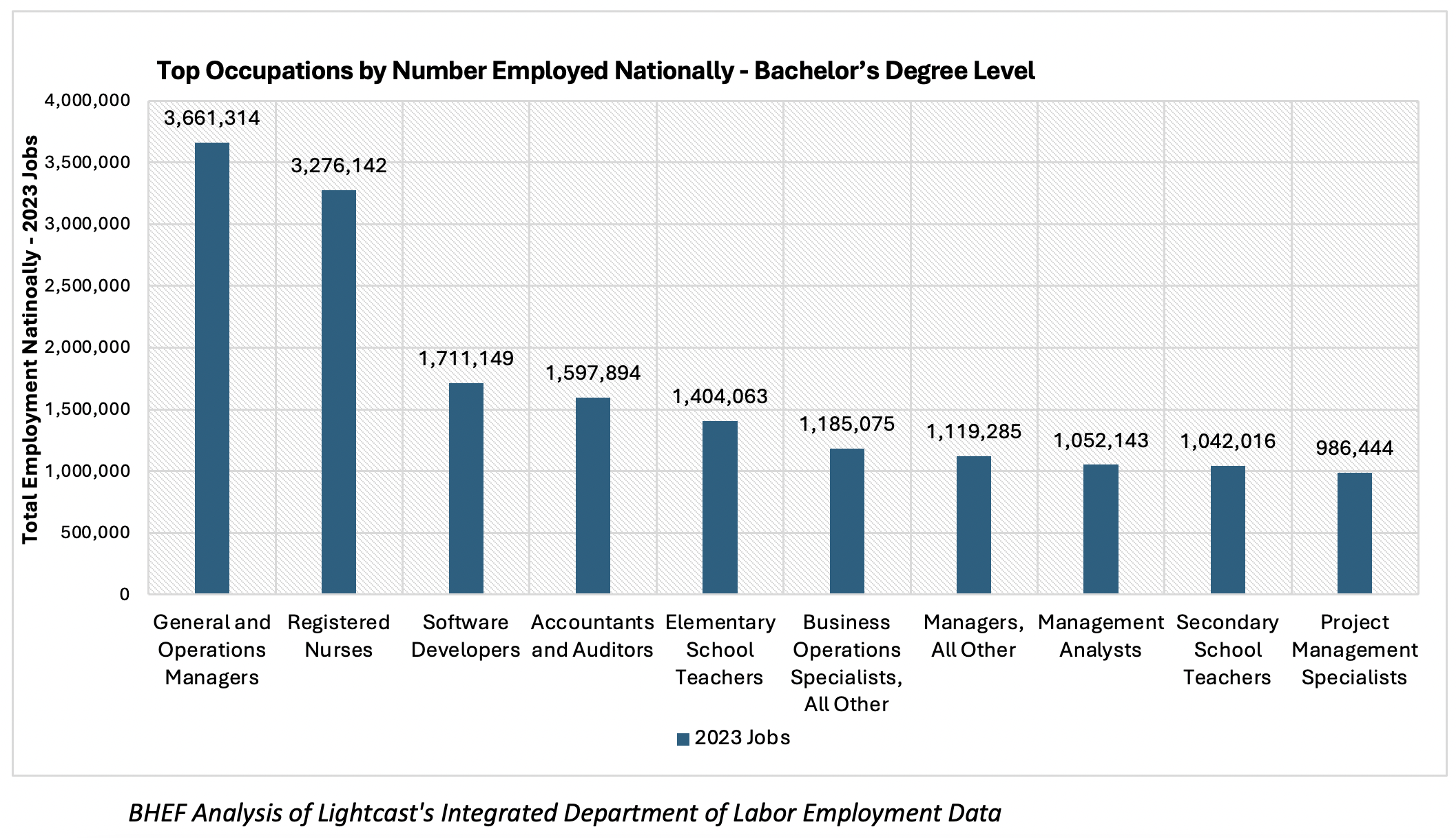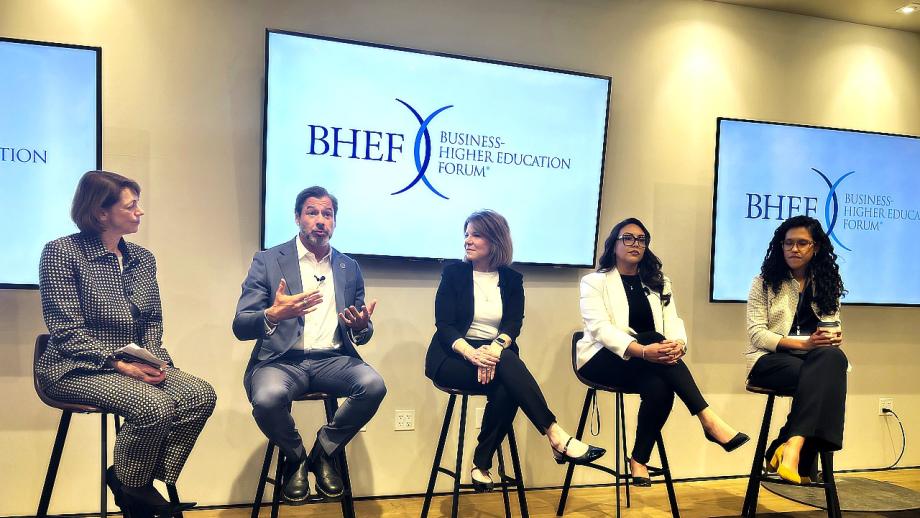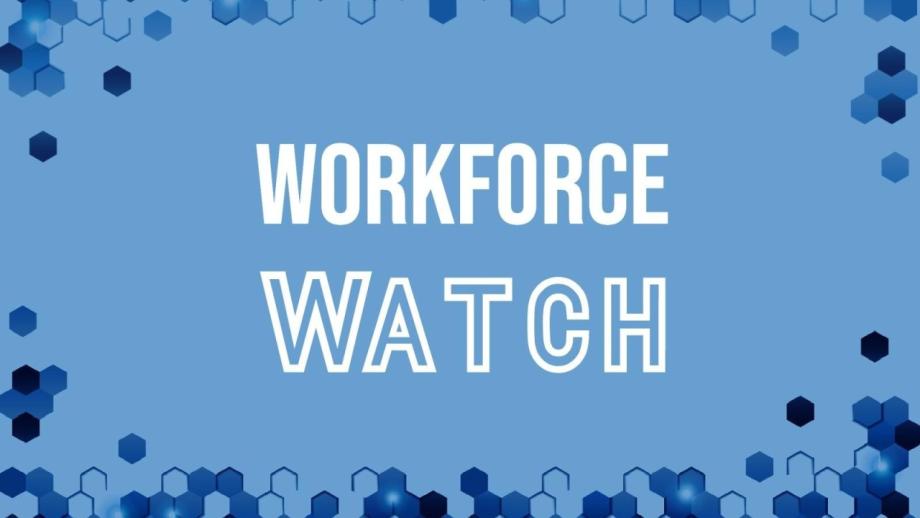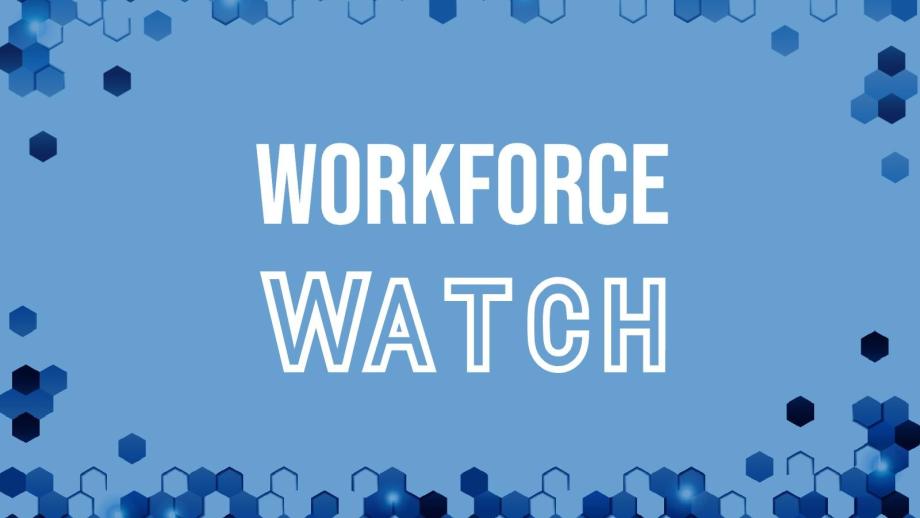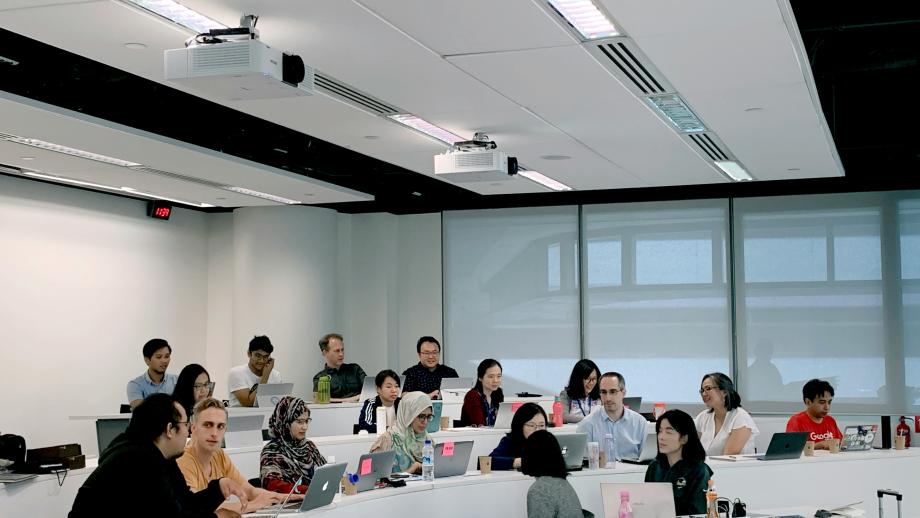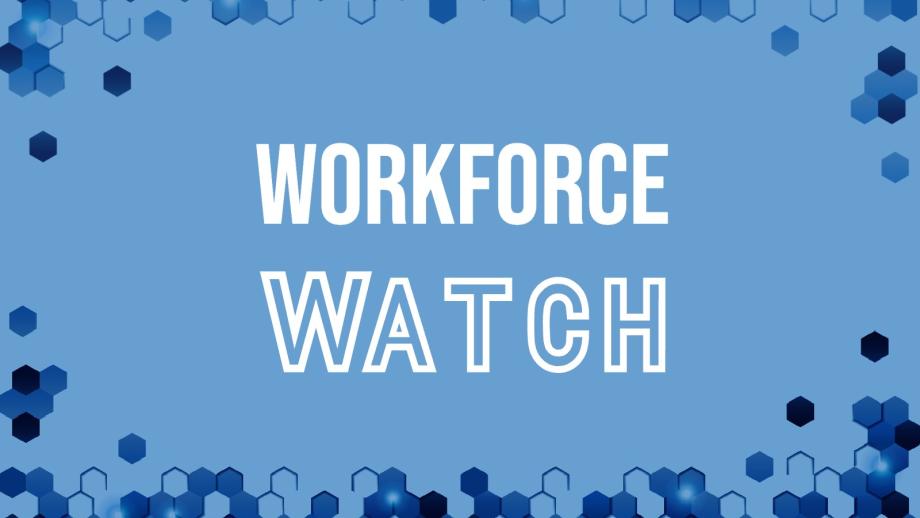Employment in the U.S. is projected to increase to over 4.6 million jobs by 2032. What are the current occupational trends and which jobs are expected to see the most growth?
The top occupations for those with a bachelor’s degree include management, teaching, business roles like accountants and management analysts, and software developers. Apart from Project Management Specialists, these are mostly the same top occupations from five years ago. Across these high-volume roles, software developers are expected to grow the most, with a projected increase of 26% by 2032. Registered Nurses and General and Operations Managers are projected to grow by 6% and 4% respectively, adding significant numbers of jobs.
While the top occupations have remained consistent, the skills and knowledge needed for success in these occupations are evolving. Emerging technologies like genAI, quantum computing, clean energy, and healthcare advancements are changing the skills composition within these roles, driving changes in both how entry-level talent is prepared and existing talent is re-skilled.
Outside of these top occupations, there are areas where significant growth is occurring – led by the green economy and energy, healthcare, and technology. Wind Turbine Service Technicians lead growth projections with a 45% increase by 2032, followed by Nurse Practitioners at 44.5%, and Data Scientists at 35.2%.
Building America’s Workforce: How Business and Higher Education Can Advance Inclusive Growth Through Partnerships
Posted April 16, 2025
Navigating this chapter requires more than adaptation—it calls for alignment, intention, and bold, shared leadership across education and industry.
Will AI Be Writing 90% of Code in Six Months?
Posted March 19, 2025
What does that mean for computer science roles?
Will We Have Enough Skilled Trade Workers to Sustain Essential Services that Americans Rely on Daily?
Posted March 3, 2025
Let's look at critical supply-demand pressures for the skilled trades.
Leading the AI Workforce Revolution: The Business-Higher Education Forum’s 2025 Initiatives
Posted February 18, 2025
Through the Business-Higher Education Forum’s unique network of corporate and academic leaders, we are mobilizing high-impact, cross-sector collaborations to ensure talent development keeps pace with AI-driven change and workforce transformation. We are proud to announce that in 2025, BHEF will launch three new initiatives to connect the expertise of the world’s leading technology and labor experts with the critical challenges shaping the future of work.
Navigating the Emerging 2025 Political Landscape
Posted January 31, 2025
The Business-Higher Education Forum (BHEF) recently brought together Fortune 500 companies and college leaders who share a commitment to higher education as America’s leading solution for hiring and training America’s workforce. Key themes? Immigration policy and its impact on both business and higher education, data transparency investments and policy alignment, and regional partnerships and AI integration.
Are Bachelor’s Degrees Losing Their Importance in Recruiting?
Posted January 23, 2025
State governments and companies claim to be moving away from degree requirements, but what do labor market trends reveal?
